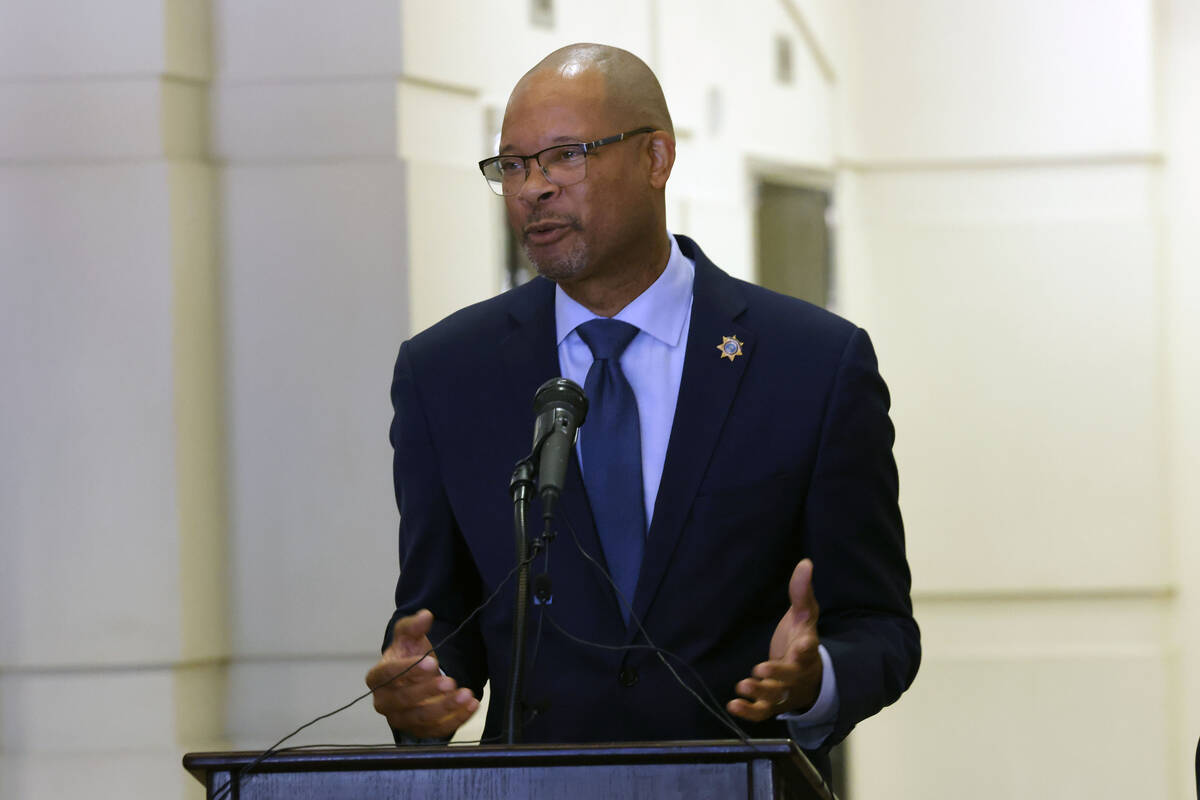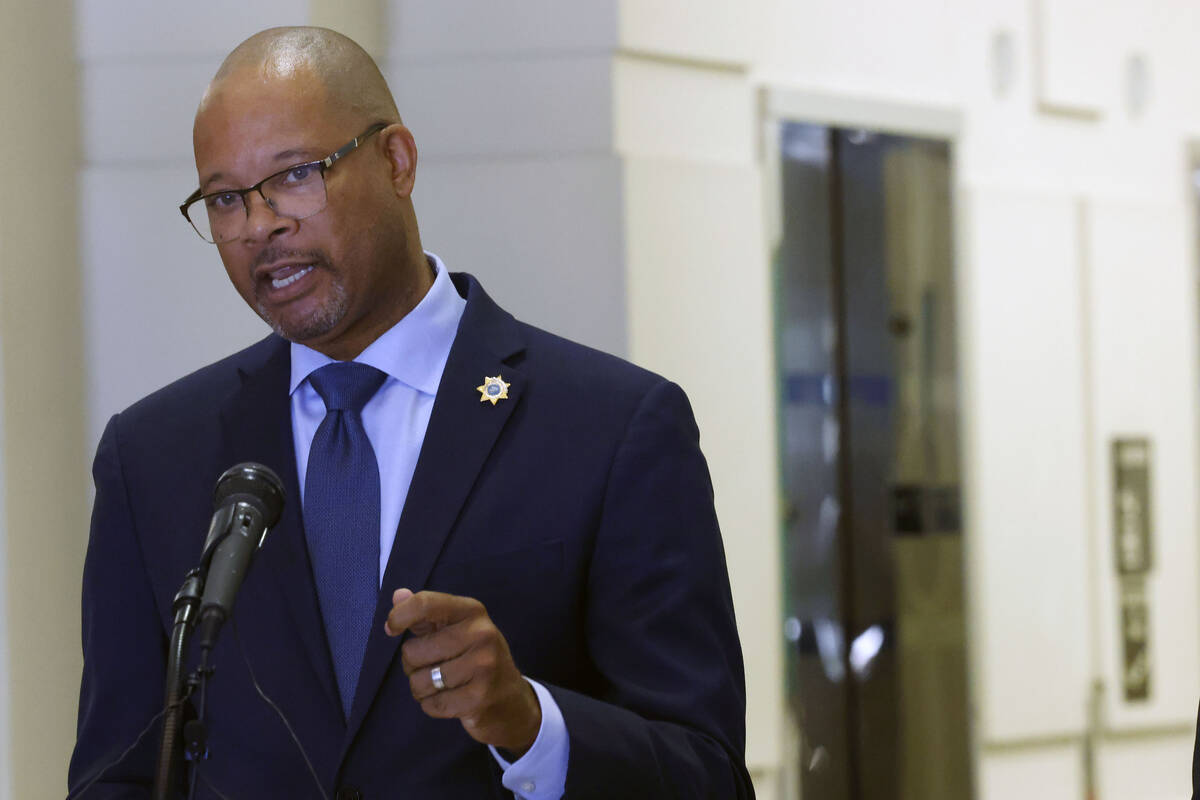AG Ford investigating Nevada’s ‘fake elector’ scheme
Nevada Attorney General Aaron Ford is investigating the state’s Republican electors who submitted fake electoral certificates falsely declaring Donald Trump the winner of Nevada in 2020, although it remains unclear what charges Ford could be pursuing.
Following the 2020 election, six Republican electors gathered outside of the Nevada Legislature on a cold December day to sign electoral certificates giving the state’s electoral votes to Trump — despite Joe Biden winning the Silver State by more than 30,000 votes — and sent those documents to the National Archives.
That day, Nevada’s real electors cast their electoral college votes remotely, with then Republican Secretary of State Barbara Cegavske presiding, awarding Joe Biden and Kamala Harris the six votes.
Those Nevada Republicans’ efforts were allegedly part of a larger Trump-backed strategy across the country to cast doubt on the 2020 election and keep the 45th president in power. Republicans in other battleground states submitted similar electoral certificates to Washington, D.C. in hopes that his allies in Congress would use the certificates to delay or block the certification on Jan. 6, 2021.
Since then, attorneys general in other states, such as Michigan and Georgia, have pursued charges against their states’ “fake electors,” pressing charges for forgery, racketeering or making false statements, among others.
But while Ford has kept his cards close to his chest in recent months about possible actions against Nevada’s fake electors, the attorney general’s office is currently pursuing an investigation into the Republican electors, a person familiar with the matter confirmed to the Las Vegas Review-Journal Wednesday.
During a legislative hearing in May regarding a bill that would have criminalized fake electors — of which Ford spoke in favor — he said, “I have been silent on Nevada’s fake electors, except to say that the matter was on our radar. With it on our radar, we ascertained that current state statutes did not directly address the conduct in question.”
In an August statement posted to X, the social media site formerly known as Twitter, Ford echoed a similar sentiment but added that the attorney general’s office review of Nevada’s criminal statutes was “based on currently available evidence and information” and that “the issue could be revisited if further information comes to light.”
Ford’s office declined to comment Wednesday.
But Former Clark County Registrar of Voters Joe Gloria, who oversaw elections in Nevada’s most populous county during the 2020 election, told the Las Vegas Review-Journal on Wednesday that a state investigator called him last week to ask about the fake elector scheme.
In what he called a five- to 10-minute conversation, Gloria said he told an investigator that he did not have any interactions with the people the investigator was looking into. During the 2020 election cycle, the longtime clerk said he dealt with members of the Republican party related to complaints and concerns about the election process.
Four out of the six Republican electors declined to comment Wednesday, including Chairman Michael McDonald, Clark County Republican Chairman Jesse Law, Shawn Meehan and Eileen Rice. Republican National Committeeman James DeGraffenreid and Nevada GOP Vice Chair Jim Hindle did not return the Review-Journal’s requests for comment.
In addition to a probe from the state, McDonald and DeGraffenreid also were subpoenaed as part of a federal investigation into the elector scheme. They were deposed in February 2022 to answer questions about the scheme, although they repeatedly claimed Fifth Amendment protections.
Contact Jessica Hill at jehill@reviewjournal.com. Follow @jess_hillyeah on X.


















